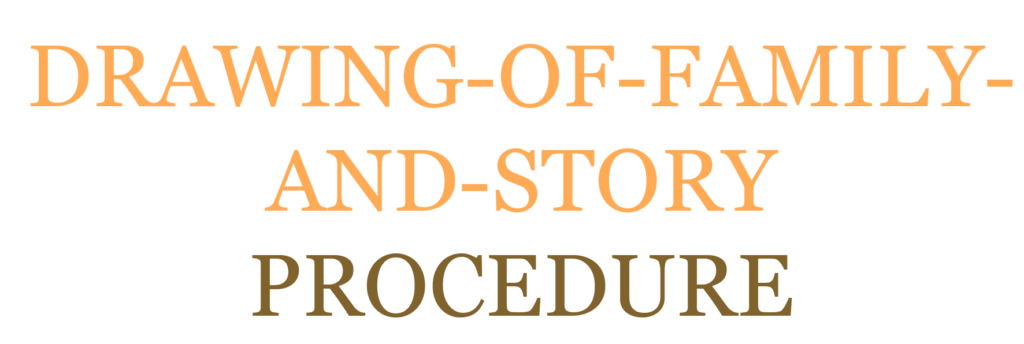ALVES, J. R. A representação familiar de crianças que vivenciaram o processo de adoção em diferentes configurações de família [The Family representation of children who have experimented the adoption process in varied family’s structures]. Master’s Dissertation – Universidade Federal do Triângulo Mineiro. Uberaba (MG).
Available on: http://bdtd.uftm.edu.br/bitstream/tede/548/5/Dissert%20Jessika%20R%20Alves.pdf
The adoptive family is becoming more visible, and with the changes in family settings, the possibilities of adoption under different contexts become multiple. The goal of this Dissertation was to understand the family representation and emotional development of children who experienced the adoption process, in order to know and discuss these points from the child’s own perspective. They are two studies with a qualitative approach to research, one study being an integrative review of the scientific literature and the other a case study, descriptive, exploratory and cross-sectional. Specifically, Study 1 aimed to know what the scientific literature, anchored in the winnicottian perspective, has discussed about the emotional development of the child who experienced the adoption process. The searches were carried out at the LILACS, PePSIC and SciELO databases, from 2006 to 2016. Six articles were analyzed, based on pre-established inclusion/exclusion criteria. The predominant profile was case studies and theoretical studies that address clinical care performed with individuals in the process of adopting or experiencing the process, and connect aspects of adoption to the concepts of Winnicottian theory. The studies point out the importance of the initial relationships for the emotional development of a person, highlighting the importance of a good enough environment, and that this environment can be offered by a family by adoption that understands the child’s need to know his/her history, and offer a safe and welcoming environment. The importance of both the preparation of the postulants for adoption and the child that will enter a new family is emphasized. Study 2 aimed to investigate the family representation of children who experienced the adoption process in different family contexts from the child’s own perspective, as well as to evaluate their emotional development. Five children and their respective parents participated in the study by adoption. In order to collect data with the child, it was carried out three different procedures: a Play Session, the Drawing-of-Family-and-Story Procedure (DF-E) and a session of more investigation/intervention on the drawings. Besides these procedures, a semistructured interview with the couple or one of those responsible was done. The data obtained were analyzed and interpreted according to the method of free inspection of the material from the comprehension process, sustained in the winnicottian psychoanalysis. It highlighted the importance of the child to know and have the opportunity to talk about their story with their parents and when there is a warm and safe environment and the offer of a therapeutic space for the child, which can be obtained in the family by adoption, this allows the emotional maturation of this family. It was also found that the child who is less than two years old in the family still does not feel as belonging to the family group, thus demonstrating that this is a process that is being built over time, going through different phases. Finally, it was found that most of the aspects perceived with the children were not related to the way the couple in the family was constituted, but to the universe of adoption, and regardless of the family configuration, a family representation was linked to the way the children lived the family and as family functions.

